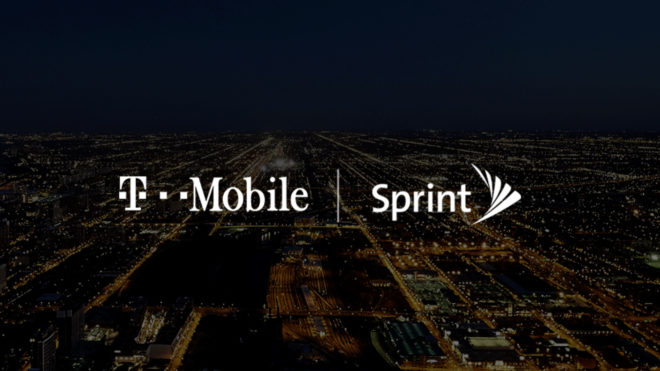
The proposed merger of T-Mobile and Sprint is getting some more opposition.
A group of Democrats are sending letters to the FCC and Department of Justice urging them to block the T-Mobile-Sprint merger. Rep. Rashida Tlaib (D-MI) is leading the effort that also includes 36 House Democrats, which The Hill says also includes Reps. Barbara Lee (D-CA), Alexandria Ocasio-Cortez (D-NY), and Pramila Jayapal (D-WA).
The letters are being sent to Ajit Pai, FCC Chairman, and Makan Delrahim, head of the Justice Department’s Antitrust Division.
Tlaib says that she wrote the letter because she feels that the merger will result in higher costs and fewer jobs and that she needs to tell that to Pai and Delrahim. Her full statement to The Hill looks like this:
“The T-Mobile-Sprint merger is a gross example of corporate greed that will leave many working and vulnerable Americans with higher costs, lower wages, and less jobs. This merger stands to have a negative impact on constituents and districts like the one I serve, and Chairman Pai and Assistant Attorney General Delrahim must hear about why this merger is bad for Americans. I have a duty to ensure that people come before profits.”
This news comes nearly one month after several Democratic senators urged the FCC and DoJ to reject the merger, saying that it will lead to “dangerously high levels of market concentration” and that it will “likely cause Americans’ monthly bills to jump dramatically.”
T-Mobile CEO John Legere has been talking up the merger lately, saying that the combined T-Mobile-Sprint will have eight times more total network capacity than the two carriers do today and that the New T-Mobile will also offer increased outdoor wireless coverage to nearly 60 million rural residents by 2024. He’s also made a promise that T-Mobile will offer the same or better rate plans at current or lower prices than those offered by T-Mobile or Sprint for at least three years after the merger.
So far, the T-Mobile-Sprint merger has gotten approval from the Committee on Foreign Investment in the United States (CFIUS) and Team Telecom, which includes the U.S. Department of Justice, Department of Homeland Security, and the Department of Defense, which cleared the deal of any national security, law enforcement, or public safety issues. The merger has also been approved by 16 of the 19 needed state utility commissions.
T-Mobile and Sprint’s deal is still being reviewed by the FCC for any public interest issues while the DoJ conducts an antitrust review. T-Mo and Sprint remain confident that their deal will be approved in the first half of 2019.
Source: The Hill
